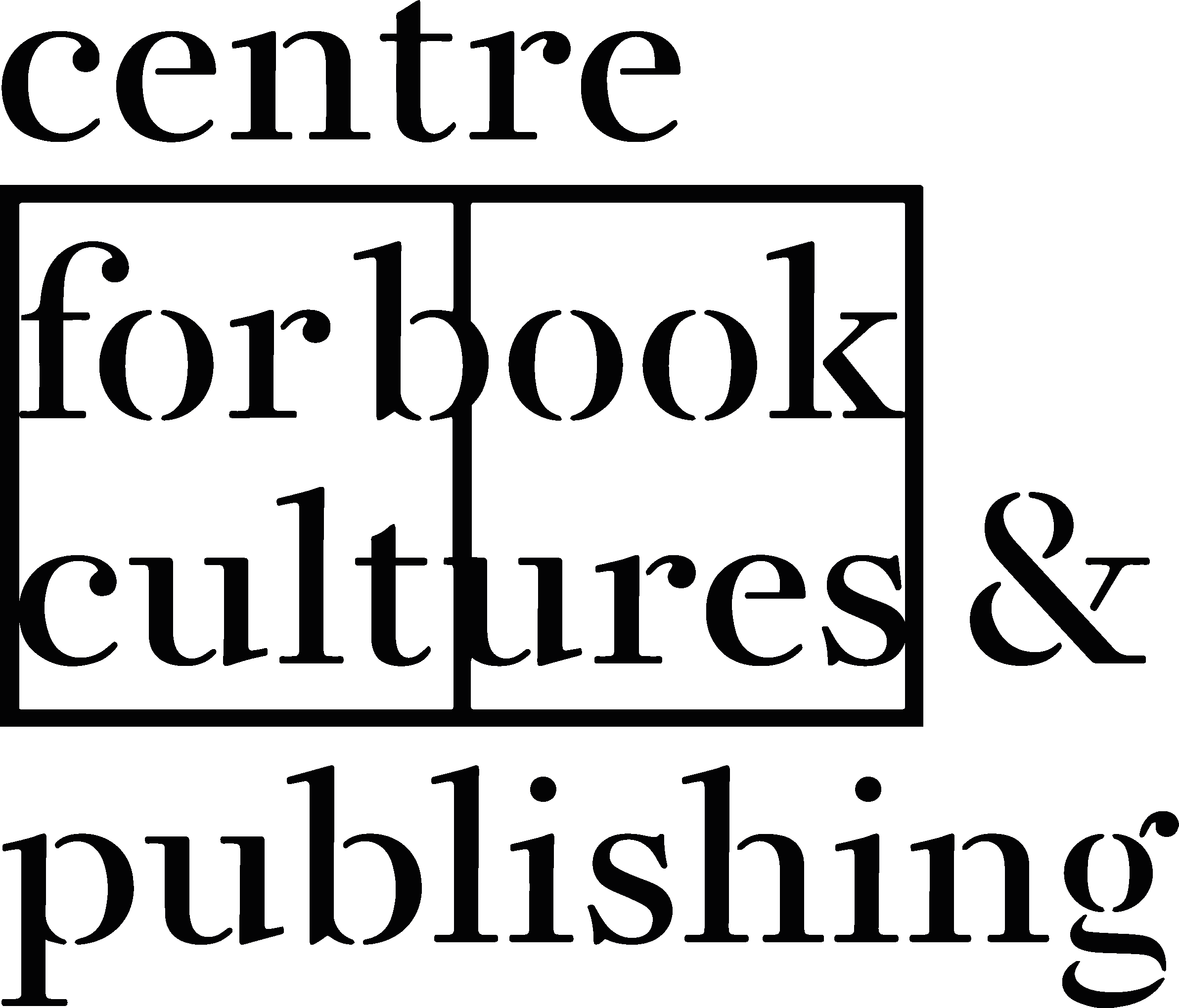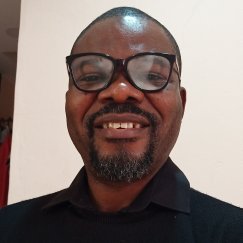Dr Abba Abba’s research engagement has been devoted to the study of Biafran identity and secessionist discourse. In his proposed research at University of Reading he is working with Dr Sue Walsh to address the controversies that have become ingrained in the archival study of the Nigeria-Biafra war literature. The troubling stories that emerge from the interstices of the Nigeria-Biafra dichotomy indicate that the voices that come through in Biafra’s secessionist discourse speak of excesses and absences in a way that calls attention to an unfinished business of mourning and healing. The result is that the excluded voices keep returning to interrupt the writing of national healing; to interrogate the cultural space of the nation that is surrounded by transgressive boundaries and interruptive interiority.
The hypothesis underlying Dr Abba’s research is that using the unpublished and withdrawn materials on the Biafran war as archival research tools will not only make them available to the public but also position literary critics to engage in more critical scholarship, develop and apply the techniques of archival research, textual criticism and the currently evolving principles of literary computing in their enterprise. Dr Abba argues that the idea of Biafra as a homely space in Nigeria remains unsettled as it confronts multiple forms of violence at the margins of its belligerent position.
Engaging the archival and literary materials as my primary sources, he will interrogate the way in which Biafranness is associated with untrustworthiness and show the moving ways through which hegemonic censorship ignore private suffering. Given that an intersectional methodological frame of rethinking the civil war experience proves appropriate for producing a much more nuanced encounter with Biafra, he positions and analyses a selection of the materials and the published novels they relate to as “cotexts.” The materials Dr Abba will examine include Heinemann’s business records; Business records and correspondence of Aigbole Higo, Heinemann’s Nigerian publisher during the civil war. The novels include Elechi Amadi’s Sunset in Biafra, S.O. Mezu’s Behind the Rising Sun, Aniebo’s The Anonymity of Sacrifice, Eddie Iroh’s Forty-Eight Guns for the General, and Olusegun Obasanjo’s My Command.
He is focusing on where, how and to what effect the civil war is discussed in these materials between the publishers and their authors during this period (1967-70). He will examine Nsukka, the unpublished poetry collection on the war to show the intimate manner through which the Biafran writers engage the Biafran experience, and to facilitate my aim of bringing Biafran voices and stories into conversation with hegemonic discourse. The research thus, extends the frontiers of African humanities scholarship on cultural development, peace and security. It is an attempt to calibrate the perspectives on the mediatory voices of literature and the archives in re-reading ethnicity and rethinking the timeless value of intercultural communion.
Institutional Profile: https://fulokoja.edu.ng/staff.php?i=813&sn=abba-abba
ResearchGate: https://www.researchgate.net/profile/Abba-Abba
Academia.edu: https://fulokoja.academia.edu/AbbaAbba


